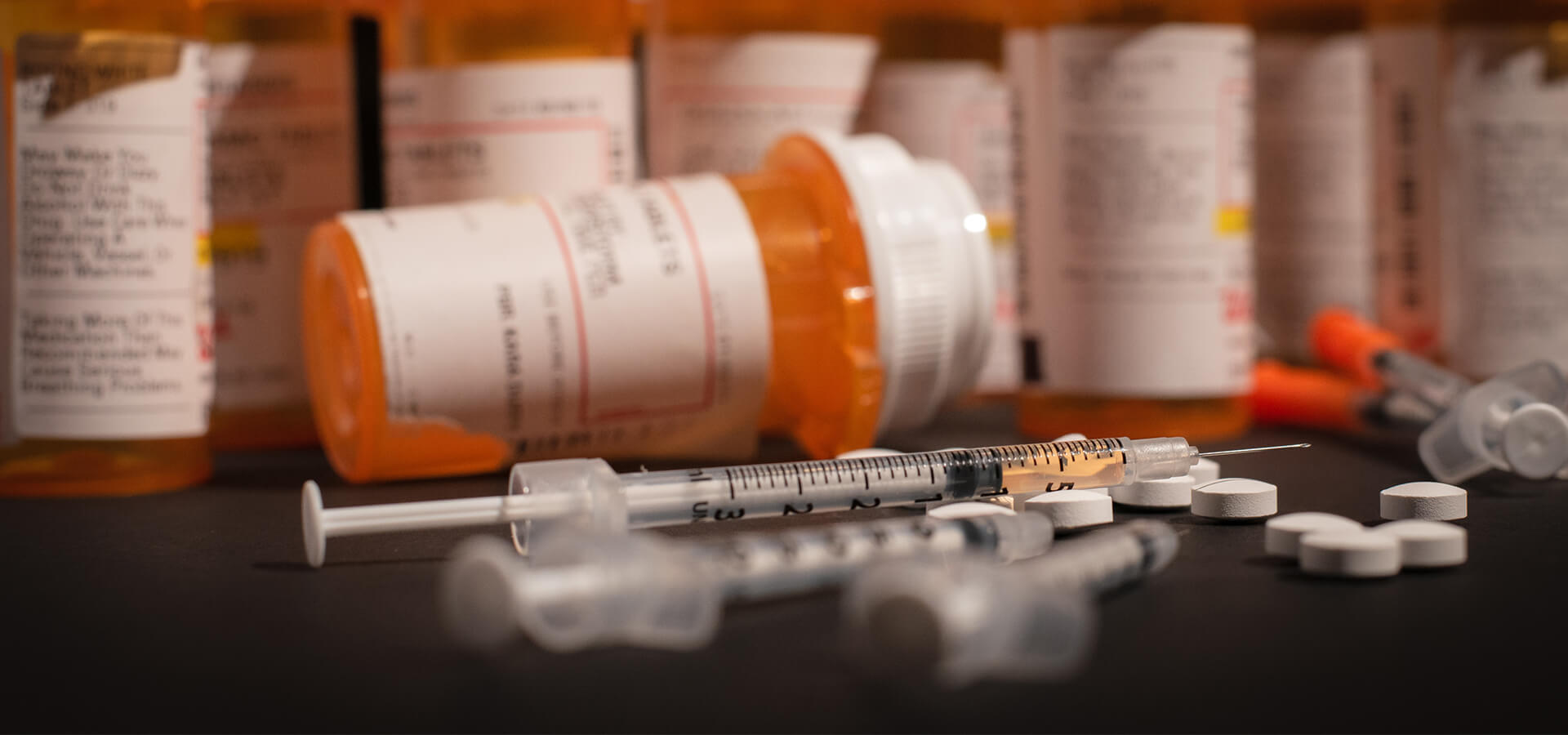The opioid epidemic has hit almost every small town and big city throughout the U.S, and it has only gotten worse in the past ten years. In some areas, such as the Northeast, the outcomes have been devastating. In effort to try to reduce the death toll of the epidemic, Massachusetts has taken a somewhat different approach. In the streets of Boston, the newest approach is a physician and a van, called Care Zone, that parks daily in one of four overdose hotspot. The Care Zone is funded by the Kraft Center for Community Health at Massachusetts General Hospital and is one of the many projects across the country testing out new was to use harm reduction. The theory that is driving these projects is the idea that to end the opioid epidemic, we must make treatment as available as drugs.
The Care Zone team is made up of outreach workers, a doctor and a case manager that work together to help bridge the gap between homelessness, substance abuse, and healthcare. Dr. Jessie Gaeta, chief medical officer with the Boston Health Care for the Homeless Program, works to make sure people have things they need, whether its food, clean needles, or treatment. Gaeta will treat wounds around injection sites, check for lung infections or heart infections, and vaccinate patients against hepatitis, measles and other diseases. Gaeta also can help people begin treatment as soon as they are ready by prescribing them buprenorphine and assisting them in getting to a pharmacy for their first dose or drive patients to a detox program.
Gaeta has given out 316 prescriptions for Suboxone given to patients via the Care Zone van since it launched 18 months ago. Gaeta says 90% of them are filled. Of those prescriptions, 78% are for refills. At Blueprint Recovery Center, we understand that sometimes traditional forms of abstinence-based treatment don’t work. Using medication assisted treatment can help treat patients who struggle with chronic relapse. Medication assisted treatment helps reduce physical and mental cravings, which in turns helps patients focus on therapy and finding the root cause of addiction.
There is no shame in asking for help, reach out to an admissions specialist today to go over your treatment options.







